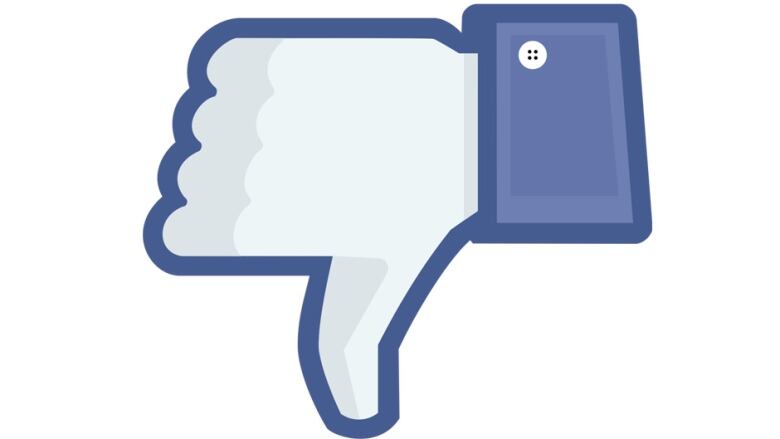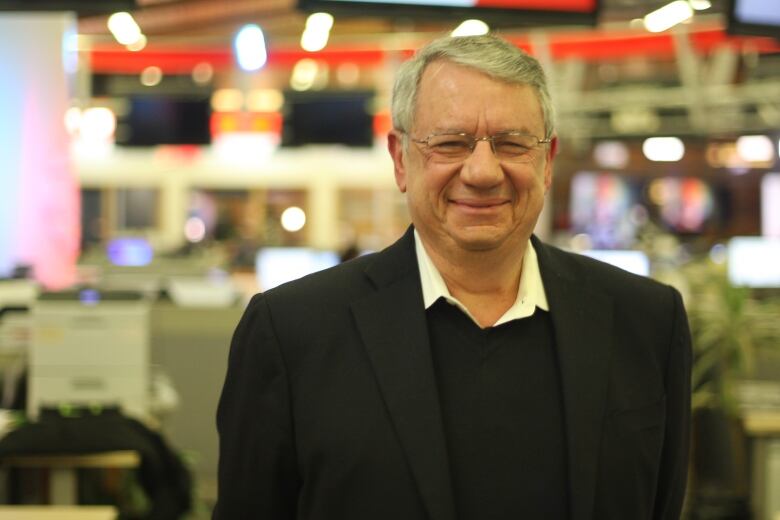Facebook envy fuels cycle of self promotion, study finds
UBC, German study pinpoints cycle of envy and self promotion among young adults

Status update: Envious.
It's what we've always known anecdotally, but now anew study confirmsthe moreyoungFacebookusers click and scroll through their friends' best selves, the more dissatisfied they maybecome with their own lives.
Most of us have been there: Up way too late, heading down theFacebookrabbit hole. 'Liking' friends' photos backpacking through Europe, road tripping across the province.
Before you know it, it's #TBT and you've re-posted one of your favourite vacation photos, waiting for the 'likes' to pop up on your notifications.
Well, according to a new study, you may be caught in a "self-enhancement envy spiral," and envy cleansing strategy of sorts.
"Part of the coping reaction isnow you start making yourself look good by posting images, videos and good news about yourself," saidIzakBenbasat, professor of Information Systems at UBC'sSauderSchool of Business. He teamed up with some colleagues in Germany for the study.
"So there's a cycle going on. So you feel envious and now you are trying to make other people feel envious to compensate."
More than 1,100Facebookusers at aGerman university were recruited for the two-part study, asked about their habits and feelings when it comes to the social media network. Researchers wanted to dive into the darker side of social media the negative feelings people experience when consuming content on the network.

"Most people when asked what kind of negative feelings they have when they useFacebook, about 25 per cent will mention envy," saidBenbasat.
"But if you ask them about what others feel when they're usingFacebookthe number becomes 50 per cent."
So what creates envy? According to the study, seeing a friend's travel photos is the most common culprit. But social media habitsalso play a role.
Benbasatsays the more you consume information onFacebook, the more likely you are to feel envy, and other negative emotions.
To hear more fromIzakBenbasat, click the link: Facebook envy and the cycle of self promotion












_(720p).jpg)


 OFFICIAL HD MUSIC VIDEO.jpg)
.jpg)



























































































